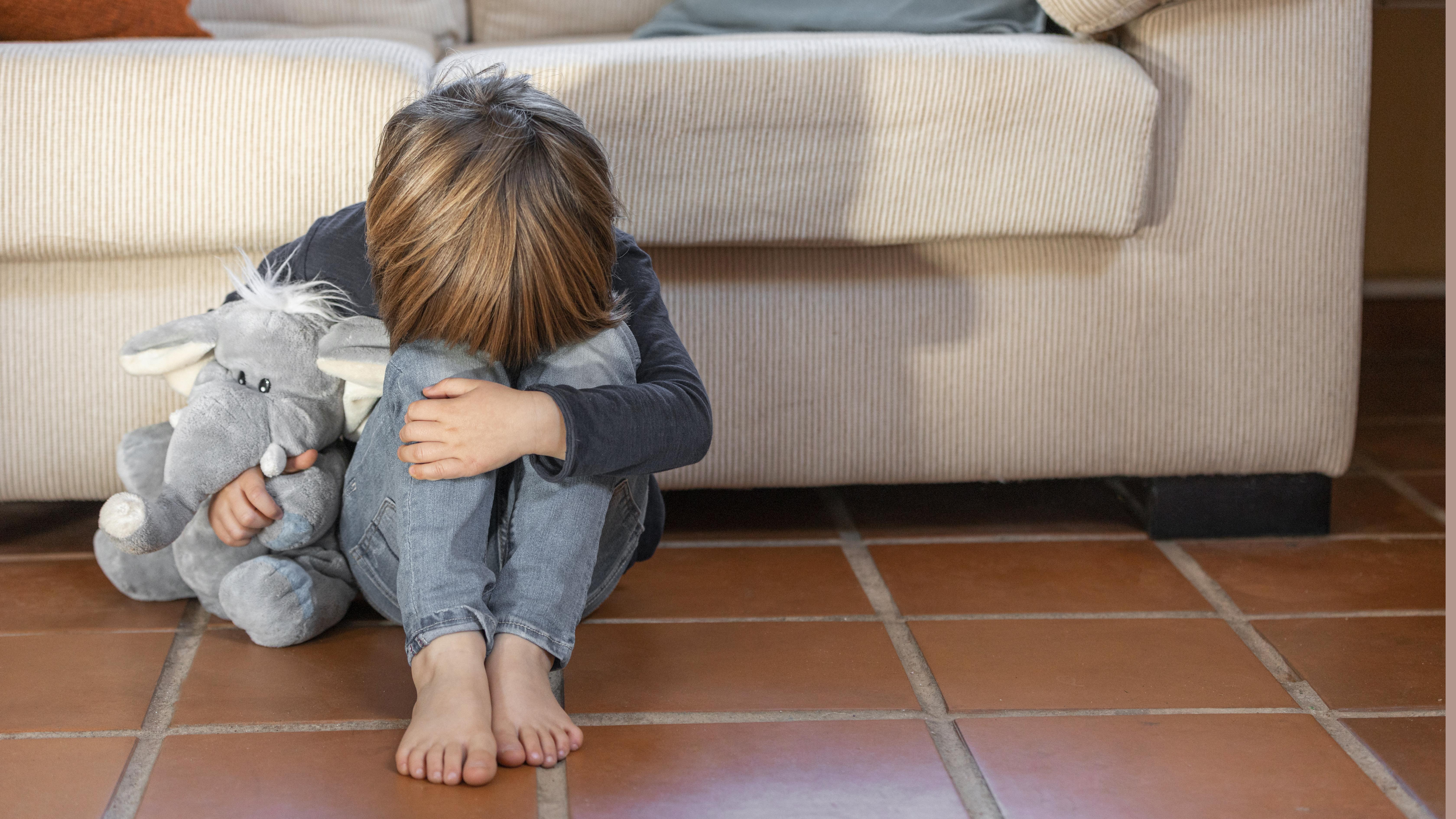
Image by Freepik
1.) Even though a child is young, it’s best to tell the child the truth about what happened to the loved one. That doesn’t mean you need to go into any kind of details. Just tell the child that the loved one has died. If you say that the loved one has “gone to sleep,” it could make the child afraid of bedtime. The child could think, “What if I don’t wake up, too?” If you tell the child that the loved one “has gone to a better place,” that could make the child want to go there, as well. The child could think, “Why doesn’t he/she want to be here with me?” The child might even think it’s their fault that the loved one has left. Well-meaning peopld told my two young sons both of those euphemisms when their favorite uncle died. It only confused them.
2.) When the child is old enough, he or she might ask for details. You can decide if the child is ready to hear more information and how much to give. Too much information can confuse or frighten them. Tell them the truth, but keep it simple enough for them to understand.
3.) A grieving child would appreciate having something that the loved one owned. It could be a hat, a photo of the two of them, an article of clothing, some keepsake that the child can cherish. We gave our two sons framed photos of them with their uncle, and I think that helped them in their grieving process.
4.) Be willing to listen to your child when they want to talk aobut the loved one. The child may eventually want to explore their feelings about the loved one dying. Remember that these feelings might include anger at the loved one for “leaving,” fear about it happening to you, or them, or another loved one, or even guilt that something they said or did caused the loved one to die. These emotions are neither right nor wrong; they’re just how your child feeling at the moment.
5.) Remember that grieving is a process. There is no time limit on when to stop grieving. The loss is always felt, but the pain slowly receeds. There may be times when your child will be happily playing and then stop and start crying. They may have remembered something about their loved one and caused them to be sad. You can help your child remember the good times, the fun times they enjoyed together with their loved one.
Be First to Comment